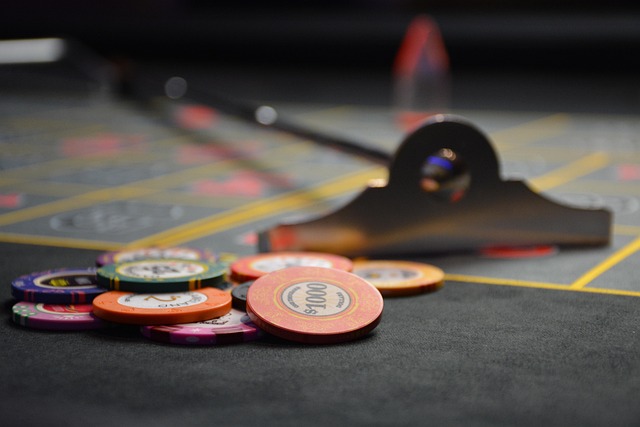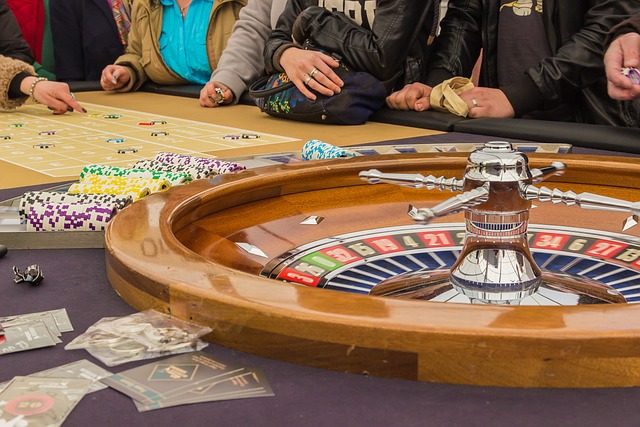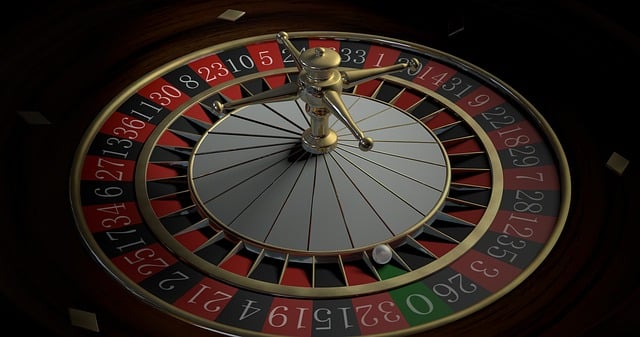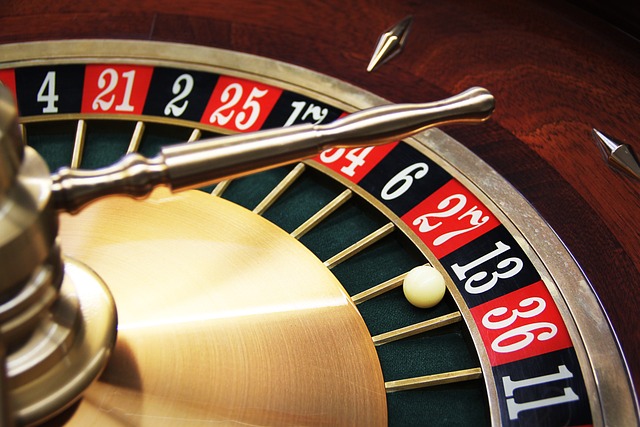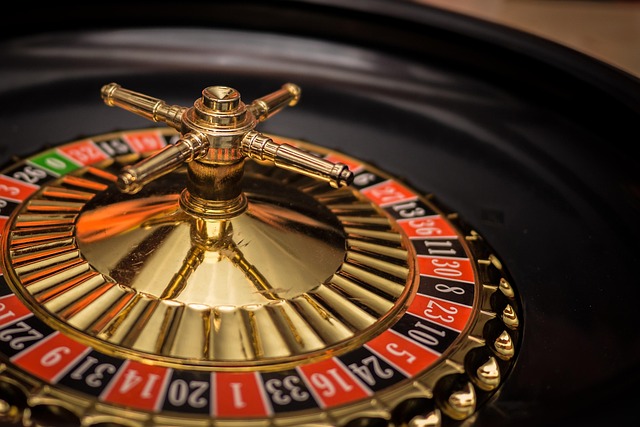Roulette originated in 17th-century France as "Rousette," evolving into a globally popular casino game with a rich history. The introduction of zero pockets by French colonists further enhanced strategy and excitement, contributing to its worldwide appeal. Today, roulette blends chance and skill, offering variations like European, American, and French styles, and has a significant cultural impact across movies, art, and online platforms, with a growing global player community.
Roulette, a captivating casino game, boasts a rich history that spans centuries. From its humble origins in 18th-century France to its global domination today, roulette has evolved significantly. This article takes you on a journey through time, exploring the roulette history, its early developments, and the factors that led to its widespread popularity worldwide. We’ll delve into the various game variations, cultural influences, and the enduring fascination this spinning wheel inspires.
- Origins and Early Developments of Roulette
- Roulette's Evolution and Global Spread
- Modern Roulette: Games, Variations, and Cultural Impact
Origins and Early Developments of Roulette
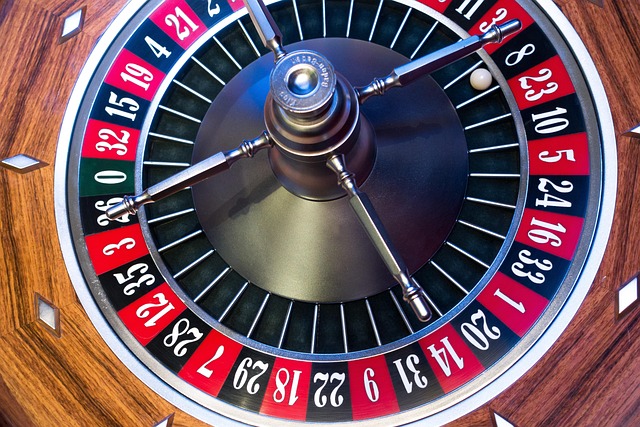
Roulette, as we know it today, has a rich history that dates back several centuries. Its origins can be traced to 17th century France, where a simple game involving a spinning wheel and a ball gained popularity among the upper classes. This early version, known as “Rousette,” was a precursor to modern roulette and involved betting on where the ball would land after spinning. Over time, the game evolved, incorporating features that made it more accessible and exciting, such as additional betting options and numbered pockets.
The development of roulette continued to flourish, especially in Europe, with variations emerging in different regions. The introduction of the zero pocket, a key element in today’s roulette games, is often attributed to French colonists who brought the game to North America. This change added an extra layer of strategy and excitement, drawing even more interest from players worldwide. As casinos became popular destinations, roulette’s reputation as a thrilling and lucrative game grew, solidifying its place as one of the most iconic table games globally.
Roulette's Evolution and Global Spread
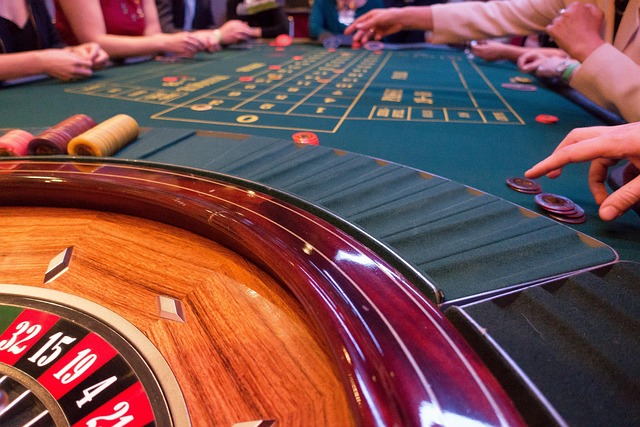
Roulette has evolved significantly since its origins in the 17th century, transforming from a simple game of chance to a global phenomenon. It began as a popular pastime among European nobility, with early versions resembling more rudimentary forms of spinning top or wheel games. Over time, the rules and design refined, introducing the iconic layout with pockets numbered from zero to 36, alongside the traditional colors of red and black. This evolution marked the birth of modern roulette, captivating players with its blend of simplicity and strategic potential.
The global spread of roulette is a testament to its enduring appeal. It quickly spread across Europe, gaining immense popularity in casinos and aristocratic homes. With the advent of the industrial revolution and improved travel, roulette made its way across continents, adapting to local cultures and customs. Today, it is a staple in casinos worldwide, from the glamorous Las Vegas strips to the intimate gaming halls of Eastern Europe. This global penetration has not only solidified roulette’s status as a classic but also fostered diverse variations, ensuring its continued growth and fascination for players across borders.
Modern Roulette: Games, Variations, and Cultural Impact

Modern Roulette has evolved from its humble beginnings in 18th-century France, transforming into a global phenomenon that captivates players with its blend of chance and strategy. The classic game involves spinning a wheel divided into 37 (or 38 in American Roulette) sectors marked with numbers and colors, while a ball bounces across the surface. Despite its simplicity, Roulette offers a wide array of variations, including European, American, and French styles, each with subtle rules that appeal to different player preferences.
The cultural impact of Roulette is profound, as it has become an iconic symbol of casinos worldwide. Its presence in popular culture, from movies and literature to music and art, underscores its enduring allure. The game continues to inspire innovation, with online and live dealer versions introducing new features, and the ever-growing community of players testament to its timeless appeal in the fast-paced world of gambling.
Roulette has evolved from a simple game of chance in 18th-century Europe to a global phenomenon with countless variations. Its history is a fascinating tapestry woven with threads of cultural exchange and technological advancements, reflecting society’s ever-changing relationship with risk and reward. Today, roulette continues to captivate players worldwide, serving as a testament to the enduring allure of chance and strategy in the ever-evolving world of gambling.
